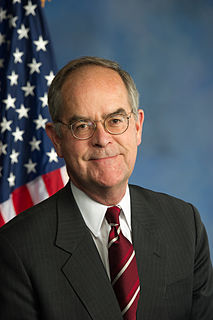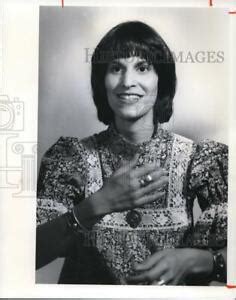A Quote by Joel Fuhrman
In the future, it's going to become more and more impossible for the economy to support how expensive medical care is and the number of sick people we have. Why don't we just get our population healthier so we don't need medical care?
Related Quotes
It is taken for granted that workers should receive their pay partly in kind, in the form of medical care provided by the employer. How come? Why single out medical care? Surely food is no less essential to life than medical care. Why is it not at least as logical for workers to be required to buy their food at the company store as to be required to buy their medical care at the company store?
Now, it is sometimes said that medical care is too important to be left to the market, and that it is immoral to profit from the illnesses of others. I say medical care is too important to be left to the failed central plans of the political class. And as for profiting from providing medical care, we can never be reminded enough that in a free society, a profit is a signal that valuable services are being rendered to people on a voluntary basis.
I'd been sick on tour for about two years with this medical anomaly that doctors couldn't figure out. That's a big part of my life: I just feel really sick a lot of the time and can't figure out why. I'd gotten these shots in Russia, where we'd just been. It was just heavy. It's just heavy performing for people who really care about you, and you don't really care that much about yourself sometimes.
Medical disenfranchisement is fueled by a host of factors that include worsening shortage of primary care doctors in needy communities and a troubling scarcity of providers willing to treat the uninsured or publicly insured. Adding to the trend are fewer medical students choosing primary care over more lucrative and specialized fields.
In our 'don't just sit there, do something' culture, when we get sick we are supposed to become characters in a heroic medical narrative that conceals the remorselessness of pathology, the intractable fact of human vulnerability, and the inevitable inadequacies of medicine. To many of the participants in the medical drama, aggressive treatment - even when it fails - represents a quasi-religious quest for immortality and meaning.




































